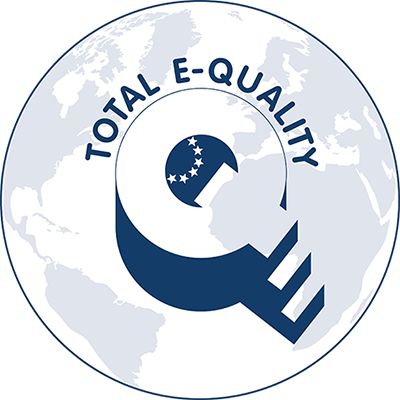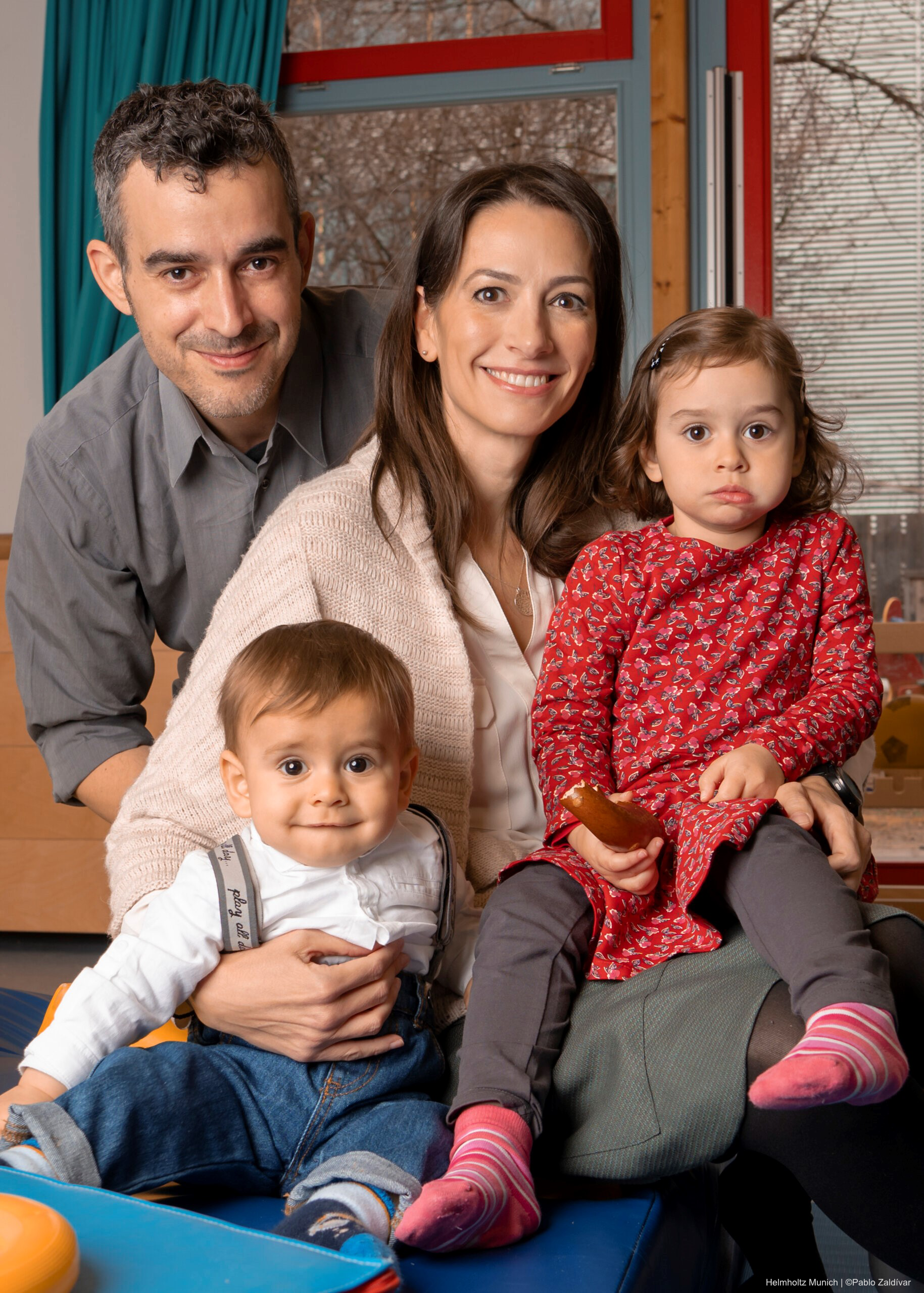

Postdoc in Molecular Epidemiology/ Data Science (f/m/x)
 Full time
Full time39 h/week
 Leipzig
Leipzig
We are Helmholtz Munich. In a rapidly changing world, we discover breakthrough solutions for better health.
Our research is focused within the areas of metabolic health/diabetes, environmental health, molecular targets and therapies, cell programming and repair, bioengineering, and computational health. We particularly excel in the fields of basic research, bioengineering, artificial intelligence, and technological development.
Through this research, we build the foundations for medical innovation. Together with our partners, we seek to accelerate the transfer of our research, so that laboratory ideas can reach society and improve people’s quality of life at the fastest rate possible.
This is what drives us. Why not join us and make a difference?
As one of the world’s leading research centers, Helmholtz Munich provides a stimulating international environment for excellent research. The Helmholtz Institute for Metabolic, Obesity and Vascular Research (HI-MAG) at the University of Leipzig, Germany is part of Helmholtz Munich and aims to uncover the molecular and clinical underpinnings of metabolic, obesity and vascular disorders to enable precision therapies. Together with renowned scientists and supported by state-of-the-art infrastructure, you will have the opportunity to make important contributions towards scientific knowledge and the improvement of people’s quality of life.
Our international and dynamic interdisciplinary team is closely integrated with the research structures of the Medical Faculty of the University of Leipzig, Helmholtz Munich, and leading local as well as national research consortia, such as the Collaborative Research Consortium SFB „ObesityMechanisms“, the future German Center for Child and Youth Health (DZKJ), and our large children’s and adolescent’s cohort LIFE Child.
We have large, well-characterized cohorts up and running with a longitudinal setting: LIFE Child (n~5000) + Leipzig Obesity Childhood Cohort (n~3000) complemented by the Leipzig Adipose Tissue Childhood cohort (n~500), with deep phenotyping allowing for combining clinical, epidemiological, lifestyle and functional omics data.
Leipzig is a lively and attractive University City of 630,000 people with a rich cultural and musical history, numerous parks within the city and several lakes at cycling distance. Leipzig has been rated amongst the 100 most livable cities twice in the New York Times rating.

"We believe that excellent research requires a range of different perspectives. Diverse teams reach better solutions and are more innovative in their research topics.
Establishing our Diversity Management Strategy demonstrates our commitment to ensuring an appreciative company culture based on mutual respect. We are also implementing diversity-sensitive processes throughout our whole organization."
Your tasks
- Modelling the risk for complex disease derived from the interaction of genetic predisposition and environmental factors acting in childhood through longitudinal and cross-sectional analyses in large cohort studies
- Developing risk scores and prediction modelling, including genetic predisposition and consideration of developmental patterns
- Identification of molecular targets for genetic predisposition to obesity and related cardiometabolic disorders in childhood using integrative omics approaches combining functional and computational genomics data
- Multiomics analyses: genome, transcriptome, methylome in both blood and adipose tissue
- Commonalities of gene environment interactions in the origin of common diseases in childhood
- Large scale epidemiological analyses (incl. meta-analyses, trajectories, cluster analyses)
Your profile
- A master degree in bioinformatics, systems biology, biomedicine, nutritional science, physiology, computer science, mathematics OR epidemiology OR any life science degree with a strong interest in data sciences
- MD, PhD or experienced PhD student with interest/experience in the fields as outlined above
- Sound knowledge of statistics in the context of biological systems (love numbers, stats and models) and basics of epidemiological statistics
- Experience with large-scale multi-omics approaches is an advantage
- Good understanding of the biomedical background and experience with cohort studies is highly recommended
- Flexibility, innovative thinking and preparedness to enter new avenues, ideas, questions, creativity and ability to drive and pursue research projects
- Enthusiasm and a high level of motivation for scientific work and reproducible research
Benefits

Since 2005, we hold the TOTAL E-QUALITY award for exemplary action in the sense of an equal-opportunity organizational culture.
Helmholtz Munich is actively committed to diversity and inclusion in practice and is sustainably committed to equality.
The Diversity Charter has set itself the goal of promoting diversity in the world of work. By signing the charter, we commit ourselves to create an appreciative working environment for all employees.

If you fulfil all the requirements, you may be eligible for a salary grade of up to E 13. Social benefits are based on the Collective Wage Agreement for Public-Sector Employees (TVöD). The position has an (initial) fixed term of 2 years but may be extended under certain circumstances.
We are committed to promoting a culture of diversity and welcome applications from talented people regardless of gender, cultural background, nationality, ethnicity, sexual identity, physical abilities, religion or age. Qualified applicants with physical disabilities will be given preference.
If you have obtained a university degree abroad, we will require further documents from you regarding the comparability of your degree. Please request the Statement of Comparability for Foreign Higher Education Qualifications as early as possible.
Interested in applying?
- Abstract of Master Thesis
- Up to 3 PDFs of publications
- High school certificate/Abiturzeugnis

